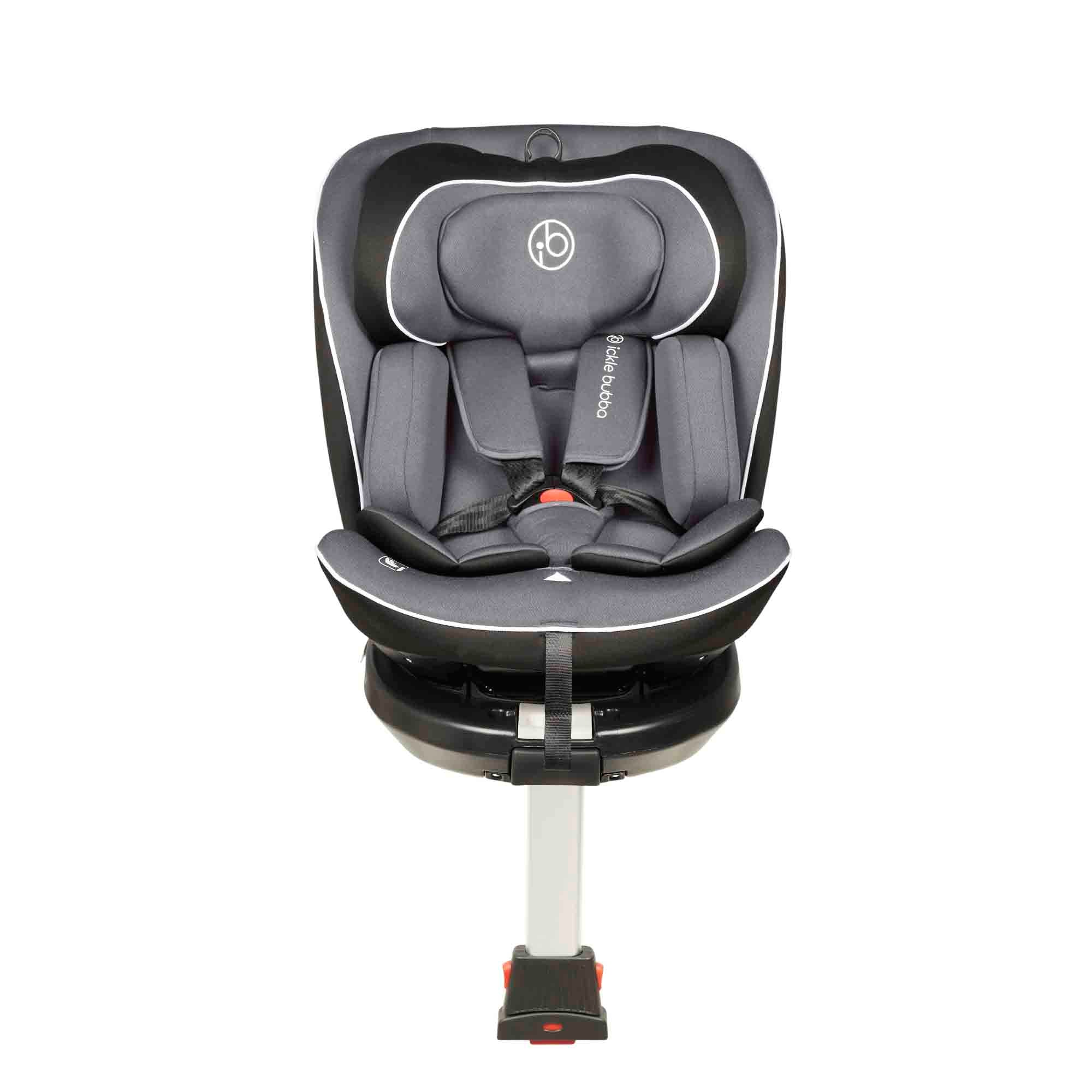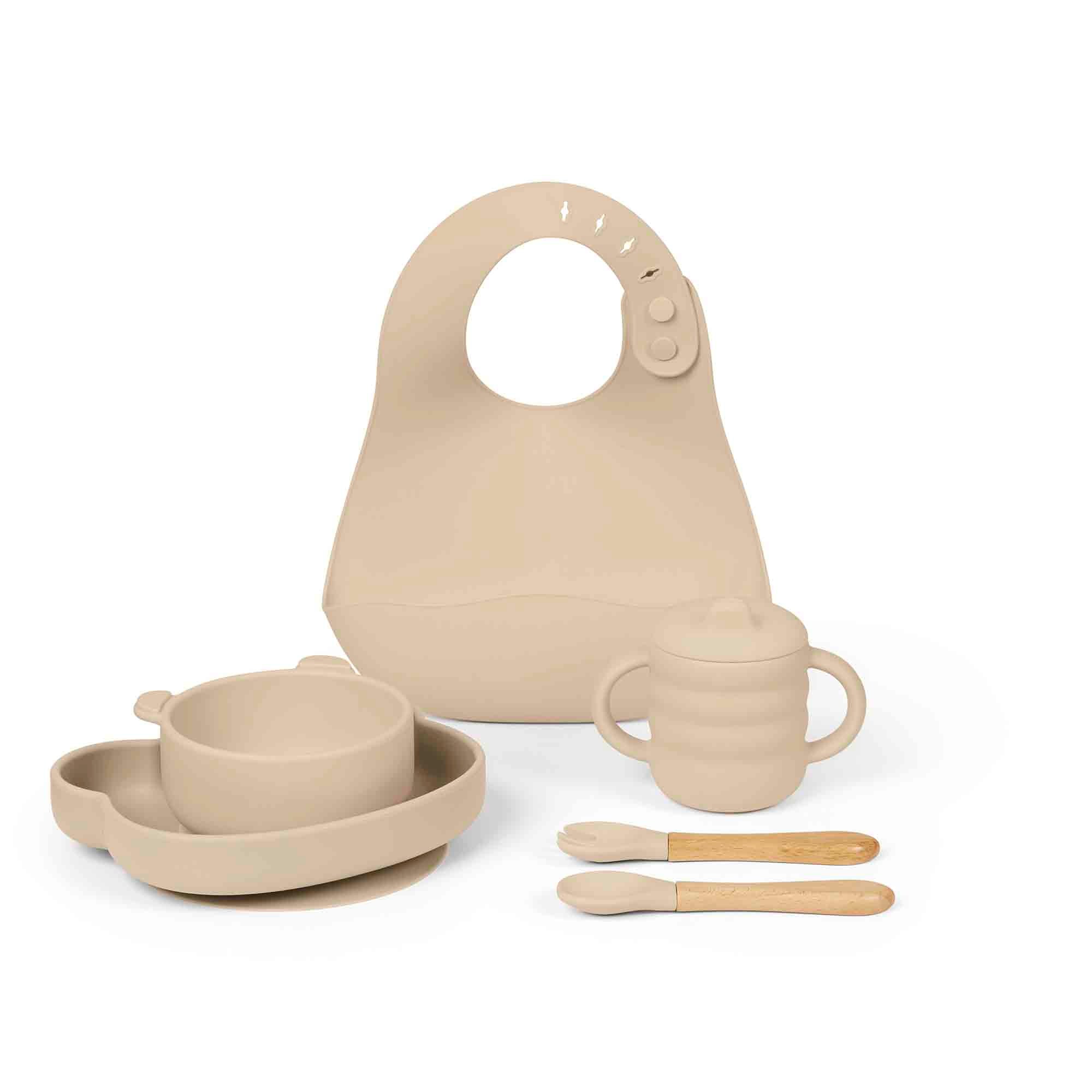Breastfeeding: What Do I Need to Know?

If baby is scheduled to make an appearance anytime soon, you might be trying to get to grips with the actual ‘doing’ of parenting. One of the first big topics is feeding your baby. We’ve pulled together some top tips and advice, to help you navigate this important topic.
Breastfeeding vs Bottle Feeding
This is likely to be the first big question you ask yourself, and because it can be controversial, we thought we’d tackle it head on.
Should I breastfeed or bottle feed my baby?
As with all aspects of parenting, everyone has a different experience and needs to find a method or approach that works for them. It’s the same with feeding your baby – whether you breast feed or bottle feed your child will be down to your own personal situation.
You might not have a choice between the two for all kinds of different reasons. The most important thing is to make sure baby gets the nutrients they need. You may choose to breast feed because you feel closer to baby or go with bottle feeding because it allows you to share duties with your partner. Whatever your reasons, make sure you decide based on what is right for you and your child.
Breastfeeding: Where to start
If breastfeeding ends up being the way you go, we’ve pulled together some advice to help you prepare.
Breastfeeding for beginners
It’s important to understand as much as you can about breastfeeding before you start. Luckily, you’ll be able to gather certain information from your midwife and through antenatal classes. These usually cover the big questions around expressing, positioning and any difficulties parents face.
As always, the NHS is a great place to start and they have tons of advice on their website.
Producing milk
The thing to remember about producing milk is that the more your baby suckles, the more this will help to stimulate your supply, so you produce more milk.
The milk you produce when you first start breastfeeding is called colostrum. It’s thicker than standard breast milk and yellow in colour, baby only needs a small amount but will probably want to feed more frequently in the first few days.
As you settle into breastfeeding, your milk will start to ‘come in’, meaning your breasts will start to feel fuller as they adapt to your child’s feeding needs. The amount of milk your body produces will begin to reflect how often baby feeds.
What are the benefits of breastfeeding for baby?
Breastfeeding can provide numerous benefits for your little one that help them to fend off unwanted illnesses and provide developmental benefits as they grow, including:
Reducing the risk of infections and diseases
Helping baby achieve a healthy weight
Creating a bond with your baby
Breastmilk contains vital proteins, vitamins, and minerals for your child
Reducing the risk of SIDS (Sudden Infant Death Syndrome)
Lessening the chance of food allergies and developing baby’s taste buds
What are the benefits of breastfeeding for mum?
There are numerous benefits for new parents when they breast feed, these are often centred around fending off risks from diseases and other health issues, including:
Reducing the risk of obesity
Reducing the chance of contracting Type 2 diabetes
Reducing the risk of ovarian cancer
It will help your uterus to return to its normal size
It can be easy to feed your child when and wherever you want
It can prevent menstruation which helps create space between pregnancies
Is breastfeeding painful?
Most breastfeeding parents can experience mild discomfort or pinching when their baby first starts feeding, but this should ease as you both settle into it.
Discomfort during feeding might mean your child is not latched properly, so simply stop nursing and try them in a different position. If pain or discomfort continues, consult your midwife or doctor to make sure everything is OK.
What if breastfeeding doesn’t work?
If your baby is not taking to your breast or you are experience discomfort, or are worried they are not getting enough milk, speak to your doctor, midwife, or a lactation consultant. There could be any number of issues that are preventing breast milk from getting through, including:
Not latching properly
Tongue tie
Blocked milk ducts or Mastitis
Thrush
Low milk supply
Complications in birth
The reason breastfeeding isn’t working could be any number of things, so try not to worry, keep following the steps you’ve practised and consult a medical professional.
Breastfeeding FAQs: Answering parents’ questions
You’re bound to be full of questions about breastfeeding and while there are great resources for answers, such as the NHS and NCT, we thought we’d tackle some of the top questions for new and expectant parents.
How often should I breastfeed for?
This will depend on your child’s needs, but generally they will feed for shorter more frequent bursts in the first few days. After this, as your milk comes in, possibly feeding every two or three hours, but they may also continue to feed as and when they’re hungry. As they grow and become more used to feeding, they will let you know when they’re ready for another feed.
How do I know when baby is ready to feed?
There are lots of clear signs to spot when your little one is getting hungry. It can start with them seeking you or your breast out, mouth opening and stretching, before increasing their movement, putting their hands in their mouth, and eventually crying and becoming restless. As you settle into things, these signs will become easier to spot and you’ll be able to predict when they’re coming as your child becomes more regular with their feeds.
Can I overfeed my baby?
No, it is not possible to overfeed your baby. They are very good at knowing their limits and your body is excellent at responding to that.
What foods should I eat when breastfeeding?
It’s important to get a good healthy balance of foods when your breastfeeding, as certain vitamins and minerals will find their way into baby’s food. Also, different foods will change the flavour of your milk, which may help your little one to try more solid foods when they’re older.
Foods to eat should include:
Eggs
Fruit
Vegetables
Dairy
Lean meat
Whole grains
Beans and lentils
What foods should I avoid?
It’s best to limit your intake of certain foods and drinks while breastfeeding, these include:
Caffeine – tea, coffee, certain fizzy drinks
Alcohol
Seafood (because a lot of seafood can contain harmful amounts of mercury)
Which breast should I use?
In the early days of feeding, make sure to offer up both breasts to your child, as this will help them get used to feeding and will also allow your body to increase the supply of milk to suit your little one’s feeding habits.
Do I need a breastfeeding chair?
It’s entirely up to you whether you invest in a nursing chair. They can be incredibly useful as they provide a safe, supportive, and comfortable place to sit with your baby while feeding. They’re especially useful for night time feeds, as they allow you to stay close to baby’s cot but still be comfortable. Ultimately comfort is the most important factor so do what works best for you both.
Which position is best for reflux?
It’s best to keep baby’s head higher than their tummy during feeds, as this will prevent reflux. Also, it’s important to make sure they are laid straight with no pressure on their tummy. The Breastfeeding Network has some great information on reflux.
What age should I breast feed until?
If you’re breastfeeding, then it’s suggested that you feed your baby breastmilk exclusively for the first six months. Then you should continue breastfeeding while also introducing your child to solid foods. The World Health Organisation recommends continuing with breastfeeding until around 2 years old.
Where can I find breastfeeding support?
If you ever feel like you’re not getting to grips with breastfeeding, then consult your midwife or GP, they will be more than happy to help. Also, there are a range of great breastfeeding support services and charities, look out for breastfeeding cafes, walk-in centres and classes in your area. And don’t forget to talk to other parents – you’re not alone in your experiences, so sharing your story can be helpful.
Summary
So that’s our short but hopefully informative guide to breastfeeding. It’s by no means an exhaustive guide but should hopefully give you a few things to consider. We recommend doing more research and using trusted sources such as the NHS and NCT. As with most issues during the first few weeks of baby’s life, if there’s anything you’re unsure of, speak to your midwife of GP. Don’t forget to talk to other parents too - you’re not alone.











